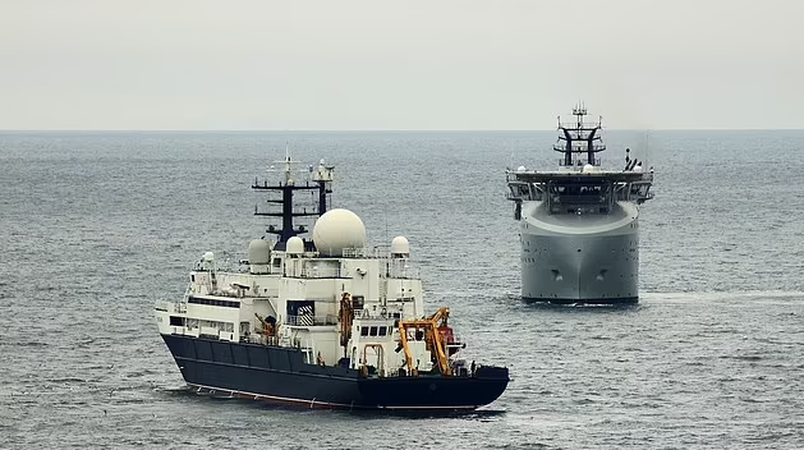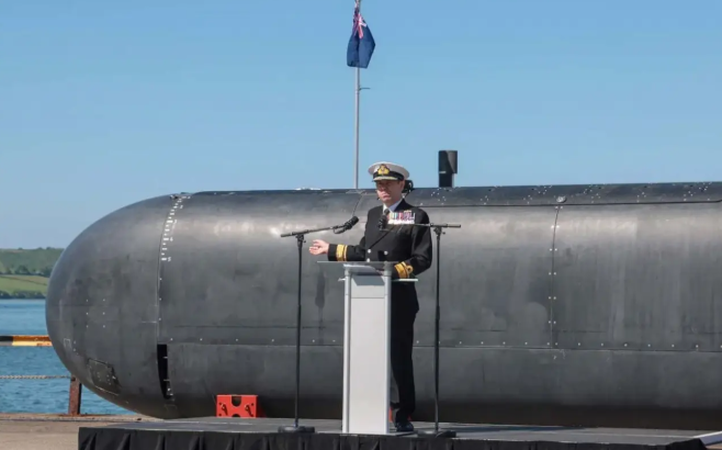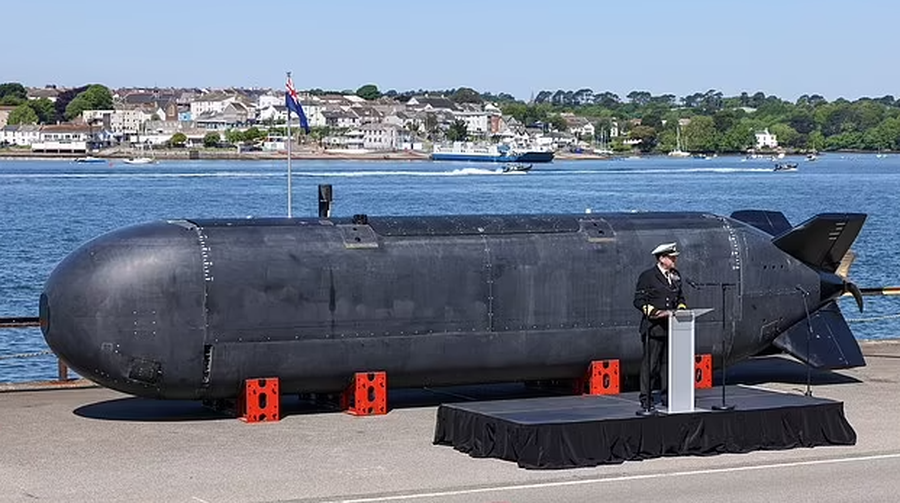
The British Royal Navy is to deploy a fleet of 'drone' submarines to protect undersea cables from attacks by Russia's 'shadow fleet' in what has been described as a move to a 'pre-war posture'.
A prototype of the 19-ton unmanned submarine, called Excalibur, was launched at Devonport Naval Base last week and will pave the way for the production of an entire squadron.
They are designed to protect vital underwater infrastructure, according to the Ministry of Defence, and will be central to Britain's new defence plans.
The Excalibur is battery-operated and was built by Plymouth-based MSubs as part of a £15 million contract.
The submarine is 39 meters long and 6.5 meters wide, and has a range of 1,000 miles, making it the largest unmanned submarine ever operated by a European navy.
But it still fits into a standard 40-foot shipping container, making it easier to transport. Batteries will be carried in packs on each side of the submarine, and it features two pressurized compartments to hold computer and control equipment.
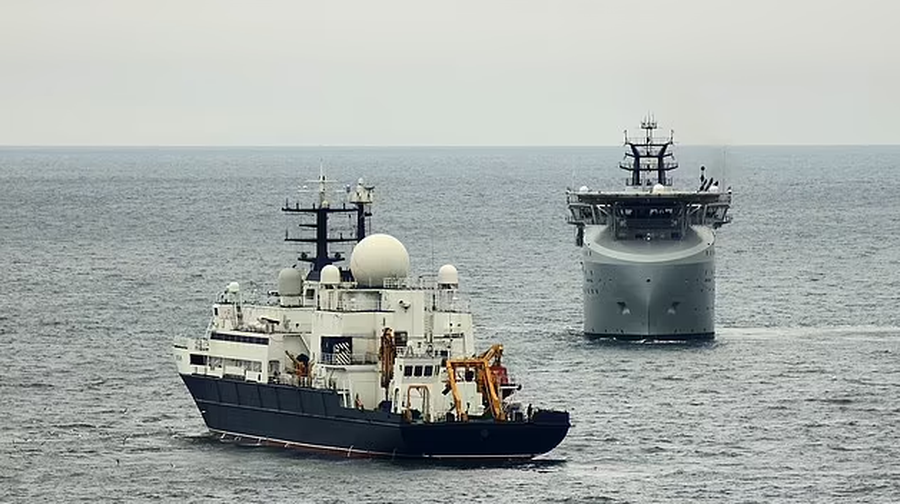
Underwater fiber optic cables that stretch across the ocean floor allow for global communication and internet connections between continents, while other cables are responsible for transporting electrical energy.
Excalibur will now begin two years of trials as the Royal Navy seeks to strengthen its capabilities in the 'underwater battlespace' amid increasingly bold interventions from Russia's 'dark fleet' which transmits false data to avoid detection.
This comes as the government in London is expected to unveil the results of its strategic defense review (SDR), which is expected to focus on strengthening homeland security, protecting national assets and traditional fighting capabilities.
Ministers are expected to stress the need for Britain to move into a pre-war phase by increasing military preparedness, as fears grow that Russia will expand its attacks beyond Ukraine.
A Ministry of Defence spokesman said the SDR would set out "a path for the next decade to transform the armed forces to ensure we are prepared for new threats, making Britain secure at home and strong abroad".
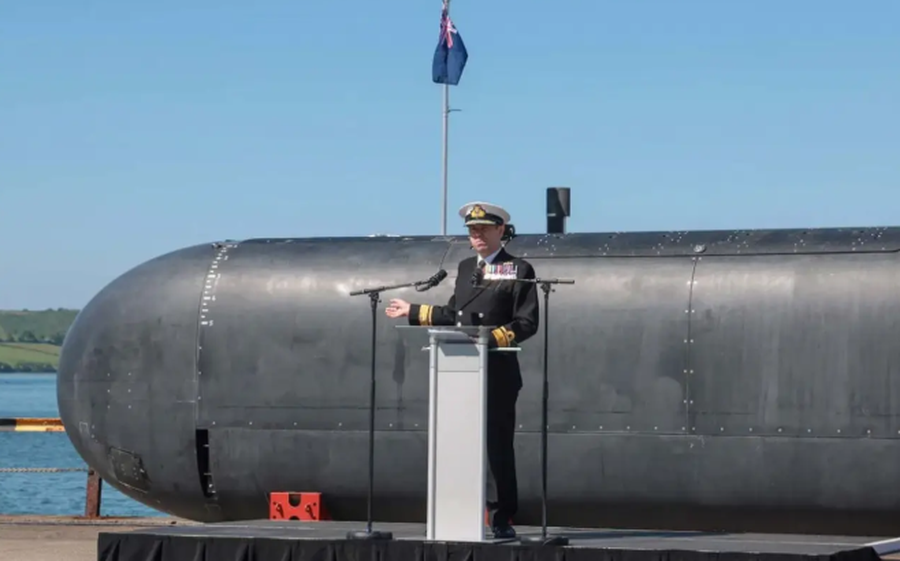
Previous attacks on key underwater infrastructure have raised concerns about the level of security in the country. In 2022, a series of underwater explosions targeted the Nord Stream pipeline, causing gas leaks in three of the four natural gas pipelines, rendering them inoperable.
Fears were heightened again last year when a Russian spy ship entered an area of the Irish Sea where critical pipelines and cables laid in the Baltic Sea were damaged. The two incidents led 10 countries, led by the United Kingdom, to form an alliance to monitor suspicious Russian ships in the English Channel, the North Sea and the Baltic Sea. (A2 Televizion)

